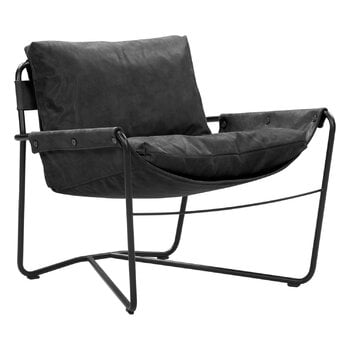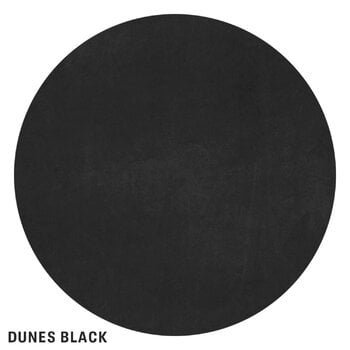Interface’s Bug armchair looks irresistibly inviting. The armchair designed by Aino Michelsen features a light, graceful frame on which the plush feather-filled seat and back cushions rest comfortably. All upholstery parts are removable and replaceable, so the chair is both easy to maintain and long-lasting.
The high-quality leather upholstery brings a dose of down-to-earth harmony to the interior, and the natural patina adds character as years go by. The beautifully finished Bug lounge chair, made in Finland, is a charming addition to both the living room and public spaces alike.








